ROUGH CUT
TEXT BY ALEX COLVILLE PHOTOGRAPHS FROM DOUBAN

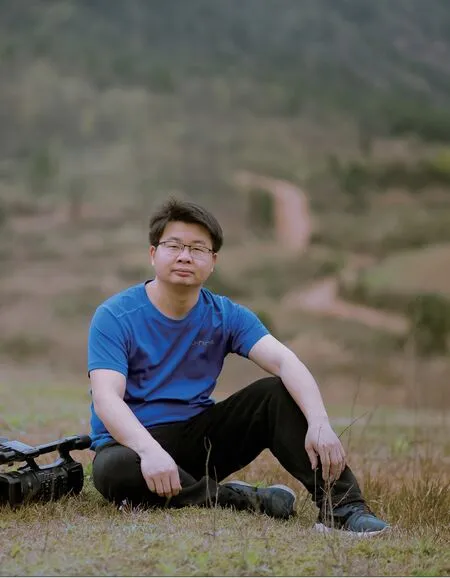
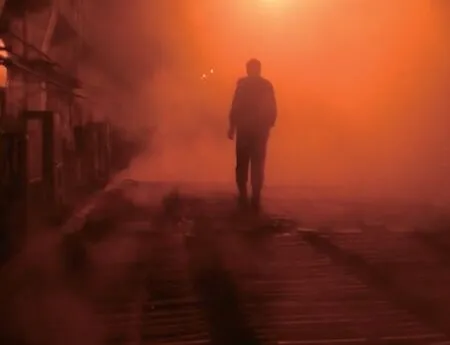
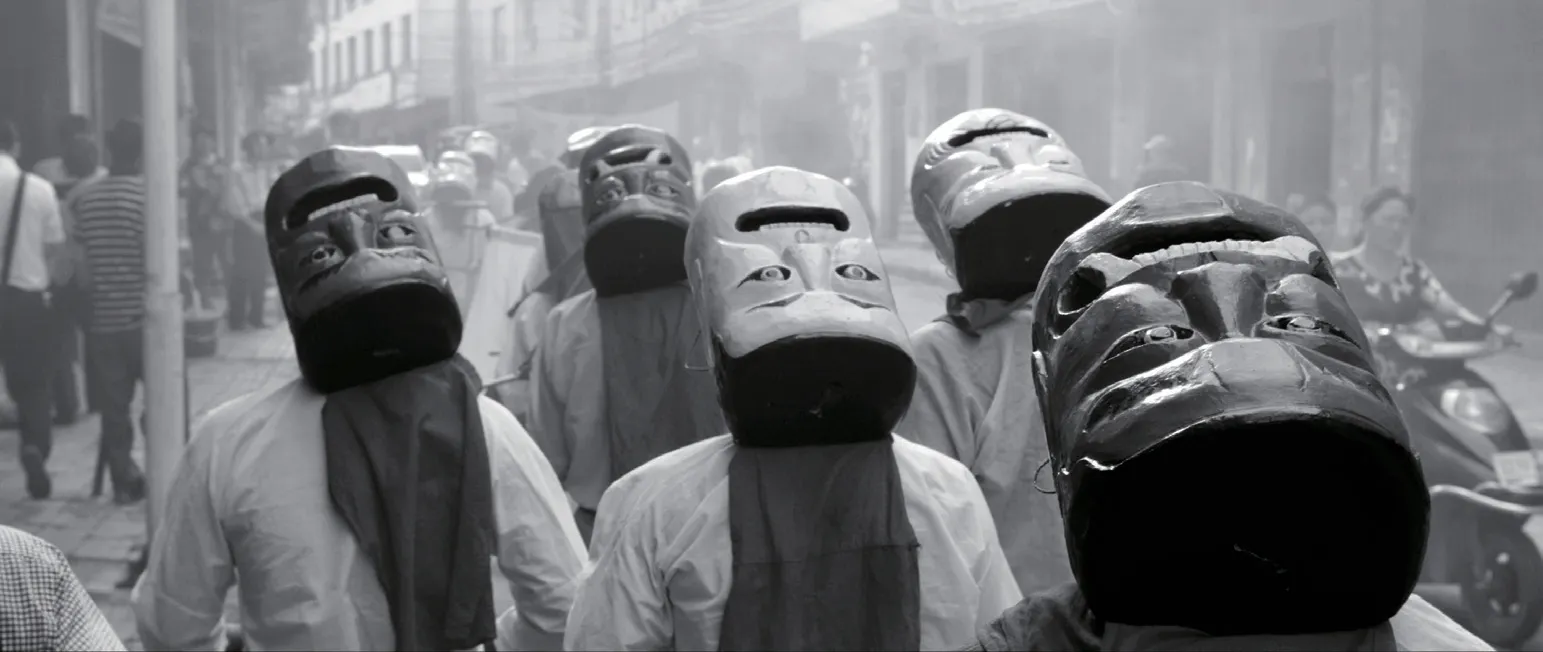
China’s independent documentary filmmakers have been turning out works of high artistic and social value since the 1990s.But their livelihoods are getting harder.
獨立紀錄片的艱難生存之路
In 1990,a group of down-andout Beijing artists sparked one of China’s lesser-known revolutions.Between 1988 and 1990,former TV director Wu Wenguang had filmed five visual and performing artists who had migrated to Beijing from various parts of China.Mainstream society dismissed them asmangliu(盲流),or “vagrants,” who had dropped out of the state-sponsored work system.But so had Wu—who shot independently of state-run studios,used borrowed cameras and editing suites,and distributed the finished product,Bumming in Beijing,privately among friends and media professionals.
Not for nothing isBummingconsidered China’s first “independent documentary”—that is,a film about non-fictional subjects made without a permit,funding,or creative direction from one of China’s eight state-run film studios (which at the time had annual quotas on permits they gave out for documentaries),according to director and influential film writer Zhang Laodong,founder of film blog Aotu Doc.
Digital video recorders (“DVs”)appeared onto China’s mass market in the late 90s to early 2000s,meaning anyone with the desire—and not just those who studied filmmaking in university—could buy or borrow a camera and start shooting.Film students,bank employees,and small-town youths traveled into rugged terrains or looked to their communities to tell stories,unleashing a “rebellious spirit” and a “golden age”of independent documentaries,said Zhang in an interview with JustPod Pictures podcast in 2021—a golden age that he feels has now come to an end.
“‘Independent’ has become a toxic brand,” believes Chris Berry,a professor of Chinese Film Studies at King’s College London.Under current Chinese law,films cannot be shown in public cinemas or through online video-streaming platforms without a“Dragon Label,” which is shown in the opening credits to indicate that a work had been officially approved for screening.
For much of the last three decades,directors could screen their works at independent film festivals abroad or within China without getting the Dragon Label.In March of 2017,however,China implemented its first law codifying rules about how films were to be shot,distributed,and screened.It prohibits Chinese films going to foreign festivals without filing with the government,and stipulated punishments for producing,releasing,or screening without a permit,ranging from fines starting at 250,000 yuan to the confiscation of the film and the screening equipment.
To Berry,the new law effectively“requires that all films go through the censorship system,” whereas previously,the legality of films outside of that system was a “gray area,” though he notes he is not aware of any cases of prosecution for anyone making films illegally.
Three major independent film festivals—Yunfest (founded in Yunnan province in 2003),the China Independent Film Festival (founded in Nanjing,Jiangsu province,in 2003),and the Beijing Independent Film Festival (BIFF,founded in 2006)—consecutively shuttered in the last decade,depriving filmmakers a platform for networking and sharing their work,and audiences chances to see more documentaries.Likewise,two major grassroots organizations that host independent film screenings,Pure Movies and Qifang,have declined due to lack of works to show.
Of the remaining forums,the FIRST International Film Festival in Xining,Qinghai province (founded in 2011 in Beijing),had four independent documentaries abruptly removed before public screenings last year for“technical issues,” often a euphemism for political censorship.
“Around 2014,I was seriously depressed.I thought,this is it [for indie documentaries],” Zhang said on the podcast,citing Yunfest’s cancellation in 2013,and local police canceling BIFF by literally pulling the plug on its electrical power supply in both 2012 and 2014,alleging that the founders were “provoking quarrels” and creating a social disturbance.
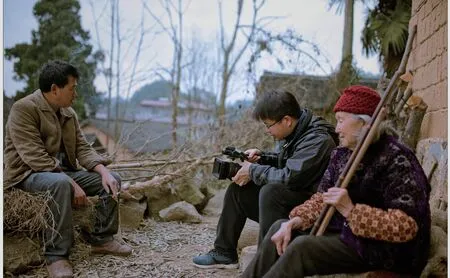
Jiang Nengjie filming for Children at a Village School (2014)
Though the golden age may be over,Zhang believes the format lives on.In the same year the BIFF was shut down for good,Zhang participated as an actor in the filming ofMr.Zhang Believesby director Qiu Jiongjiong,which was shot in the format of a play,and was intrigued by the new format.“I suddenly discovered that there were directors like that,who were so creative that they could make something magical out of nothing.”
Experimental techniques also seem to appeal to 24-year-old Li Kexin,a freelance documentary-maker whose short filmMirror,Mirror,which she started making in 2016 while still a student,mixes fiction and nonfictional narrative techniques to tell the story of the last Nuo dance performance in a small village in Fujian province,which no longer has enough funds or performers to continue the thousands-year-old ritual.The film is a combination of both interviews with local village elders and imagined commentary by the deity worshiped through this tradition.
Berry,however,is skeptical of the trend toward experimentation in documentaries,calling it the “New Solipsism” of Chinese cinema.He notes that of the filmmakers who neither went abroad nor stopped creating after 2017,many have started making films that comply with the official review process,and are more likely to refer to themselves as “art film” directors.
“There has been an effort to generate a sector of the industry that supports art cinema,” he says,citing film festivals like FIRST and director Jia Zhangke’s Pingyao International Film Festival,as well as specialized art film venues like Broadway movie theater in Beijing.
“This pursuit of cinema as an art form has been marked by a greatly increased focus on the art form itself and a retreat from the interest in social issues that characterized a lot of independent documentary.Instead,issues of memory and dreaming and how to visualize it in film have come to the fore,” Berry writes to TWOC,citing works like Bi Gan’sKaili Bluesand Gu Xiaoguang’s 2019Dwelling in the Fuchun Mountains,neither of which are documentaries,though both have autobiographical elements.“[There is] a certain relaxation of the expectations of the Film Bureau[China Film Administration] to try and find a way to bring as many filmmakers as possible into the system.”
Before the late 80s,all documentaries had been state-run,taking the form of newsreels narrating national events—such as the launch of China’s first satellite—from big state-run studios,even to audiences in remote villages.The advent of TV in the 1980s brought aboutzhuantipian,or “special topic films,” which were carefully scripted and rehearsed.“Interviews were rare.Spontaneous and completely unstaged footage was almost non-existent,” writes Berry.
With DVs,however,filmmakers such as Zhao Liang,Xu Tong,Zhou Hao,and Wang Bing took to the road throughout the 1990s,2000s,and 2010s,usually spending years living beside and documenting the lives of those overlooked in a rapidly changing country:residents of a decaying industrial neighborhood in Northeast China,figuring out their future after the closure of state-run enterprises in the 90s (Wang’s “West Rail District”trilogy,2002);sex workers and a crippled fortune-teller striving against poverty and discrimination in the city(Xu’s “Migrants” trilogy,2008–2011);lumberjacks spending one last winter in the woods before China’s logging ban(Yu Guangyi’sTimber Gang,2006).
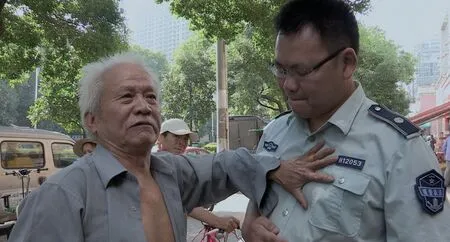
City Dream tells the story of fruit-seller Wang Tiancheng fighting against eviction by Wuhan’s urban planners
By necessity,many of these new films are shaky and grainy,lacking the polish of background music and professional lighting.Yet Li says she is very much inspired by forebears from the early 2000s,as their work is also based on innovations in creative storytelling techniques.“What I take from them is the courage to really go deep into the events,” she says.
The filmmakers did not profit financially from their creations,considering themselves primarily as artists,activists,or archivists.“When my descendants want to understand the times that we lived through and the mistakes we made,the documentary is one of the best ways for them to understand,” 36-year old director Jiang Nengjie tells TWOC about his motivations to make documentaries,speaking from a village that has been swallowed by Guangzhou’s sprawl,the subject of his latest film.
From 2010 to 2018,Jiang filmed the dangerous work of illegal miners in his hometown with a DV camera,releasingMiners,the Horsekeeper,and Pneumoconiosisin 2019.The film followed several miners,including Jiang’s own father and uncles,as they deal with the fatal condition of “black lung” due to long-term dust inhalation and inadequate compensation from mine bosses and local officials.
The film proved a hit,receiving over 10,000 viewers per Jiang’s estimate—impressive because Jiang decided to distribute it privately,sending the link to watch the film for free on Baidu Cloud to those who added him on WeChat or marked the film as “Want to Watch” on film-rating app Douban.
Jiang does not want to submit his work for government review,believing it will distort the message.“Many people know me by the nickname ‘the Baidu Cloud director,’” says Jiang.Recalling his time working in state TV,he still prefers the freedom of creating on his own.“I had to shoot what I was told to shoot,but I prefer to shoot what I want to shoot,” he says.
“Mainstream documentary sometimes can’t document everything,” agrees Li.“They probably only document what is important for most people.But there are people from special groups that have less power and need to be noticed.”

Jiang Nengjie lived with the miners he was filming in Miners,the Horsekeeper,and Pneumoconiosis (2019)
So far,however,Li has only screenedMirror,Mirrorat a smattering of film festivals and private screenings with friends,and says she’s “not sure” how many people have seen it—perhaps 200 at a film festival in South Korea,100 in Beijing,and 30 to 40 at another in Xiamen,Fujian province.She and her crew funded the film out of their own pocket,with some support from the LAST Film Editing Residency for female filmmakers.
The dual pressures of censorship and profit make documentary an unattractive field for film graduates and other young people.“[Young filmmakers] want to try and have a way to talk about the same social issues,” Li says,but at the same time“get to more audiences.”
The cancellation of festivals also hit younger filmmakers harder.“I think it has had quite a big impact on my work,” says Li.“Every time I enter a film festival,I get a chance to be seen by the audience…by hearing from them,I know what I need to revise about my film.”
In the meantime,technology has made it easier than ever for would-be filmmakers to collect footage.Li brings up artist Xu Bing’sDragonfly Eyesfrom 2017,which strings together CCTV footage that had been uploaded to the internet from all over the world,allowing viewers to rethink what is public and private.
Zhang warns against making either overly optimistic or gloomy predictions for the documentary market.“There are Dragon Label documentaries that are good,and there are also many bad independent documentaries—more bad ones than there are good ones,” he opines on the podcast.“Independence is not only a matter of funding,but also the origin of [a film’s] creation,its spontaneity.”
Li has big plans for her short film,aiming to turn it into a feature-length work to show at film festivals,galleries,and online streaming sites.The fewer opportunities for screenings,according to Li,means “we really value every chance we get to show our work.”

